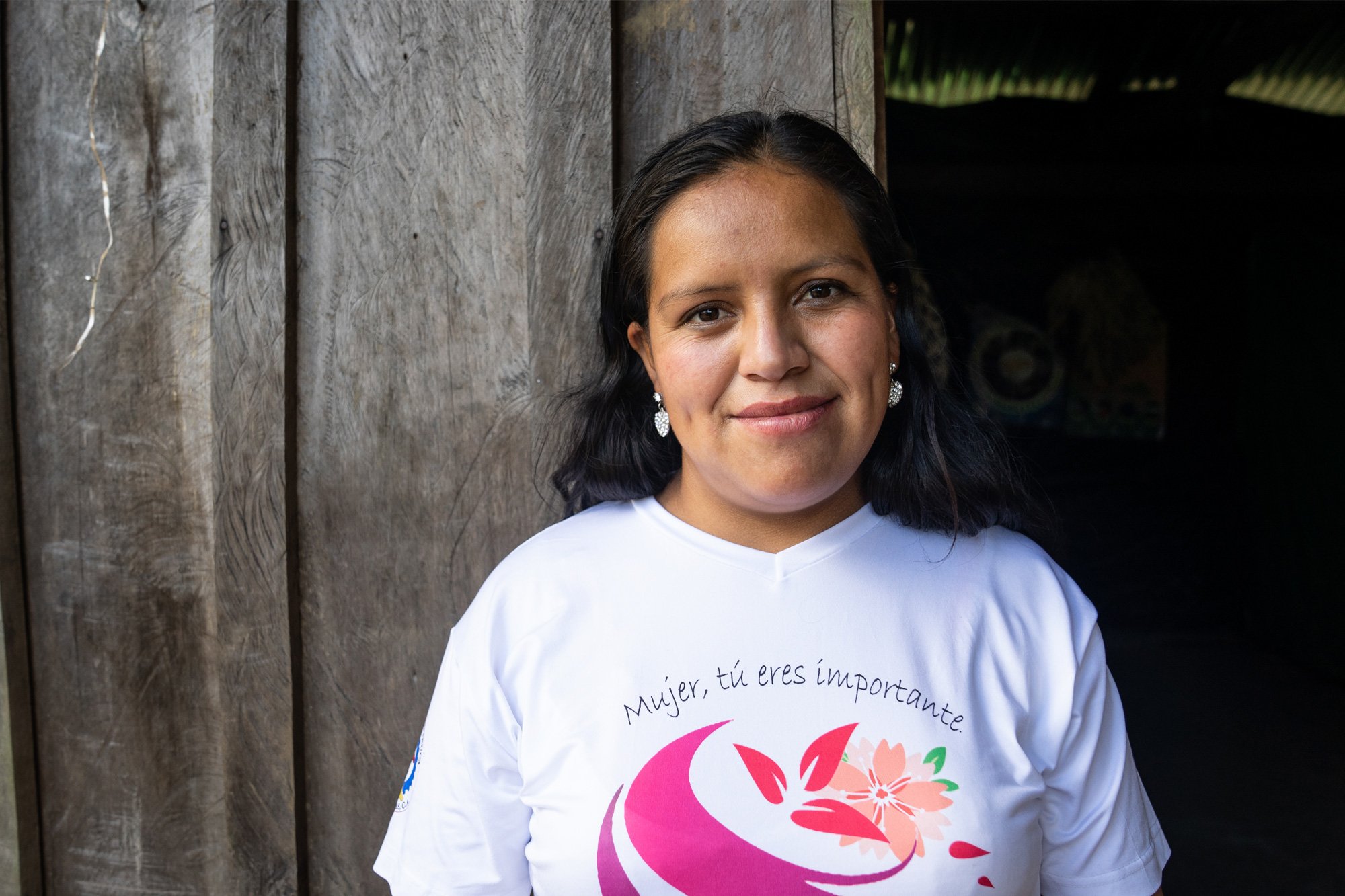
GENDER EQUITY AND INCLUSION
Women are underrepresented in almost every aspect of the modern workforce, and in most societies, they face barriers and inequity that obstruct their potential. Just as we endeavor to open doors for young people entering the climate workforce, we also look for opportunities to ensure women and girls find pathways to positions of leadership and influence in careers related to our work.
Rather than approach this priority through advocacy alone, Trees, Water & People is in a position to empower, encourage, and hire women looking to supersede imposed barriers to their success. Our staff is more than 50% women, and many of our consultants, research collaborators, and implementation partners are too.
Gender equity and the well-being of women has been at the center of TWP’s work since the early days of our clean cookstove program, where success depended on the involvement and guidance of local women who were motivated to improve standards of living for themselves and their communities. TWP’s Justa stove is named after Doña Justa Nuñez, who led this process in Honduras, and who is eternally recognized for her contributions.
Today more than one third of our stove builders are women, taking a lead role in brick and mortar construction - an activity typically associated with men. These women, in interviews with TWP, profess their pride in both being able to do things they have been told they couldn’t, while simultaneously improving quality of life for their neighbors and peers.
In Guatemala, TWP facilitated a USAID funded project to empower over 400 women through collective examination of their contributions to their communities, new income generating opportunities, and by fostering safe spaces to speak out against violence and discrimination. When the project ended, the impact of these practices remained, but the local staff who had developed and implemented the project over 18 months could not find resources to continue their work.
Recognizing the potential for this important work to continue, TWP engaged the three local leaders, and paid for them to receive courses and certifications that allowed them to start their own consultancy. They now design and deliver gender equity programming as their main livelihood, building off of their experience with TWP, and developing their skills and services to the benefit of hundreds more Central American women.
In New Mexico and Colorado, our work is guided by two Native women professionals, who understand local political history, natural resource challenges, and cultural norms, and leverage these to be a force for change in their communities. Although historically denied political power, these women can influence decisions through their deep knowledge base and professional track record, which they can leverage fully through roles in TWP supported initiatives.
These are not expensive investments, but they require intention and vision to ensure that when moving our work forward, the perspectives of women and girls, and the historical barriers that have prevented their full participation in the past are both considered accordingly. Through these efforts we hope to create more opportunities for women in traditional and modern societies to thrive, contribute, and receive the remuneration and recognition that they deserve.
Regina Lopez-Whiteskunk

RISE:
A Challenge to Address Gender Based Violence in the Environment





In 2024, Trees, Water, and People (TWP) provided scholarships to four CSU students, all Indigenous women, working towards careers in natural sciences and conservation. Scholarships sustained three students’ work with the Laramie Foothills Bison Conservation Herd, and supported one, Lizzy Osterhoudt, in leading research that honors her experience as a Pueblo woman.